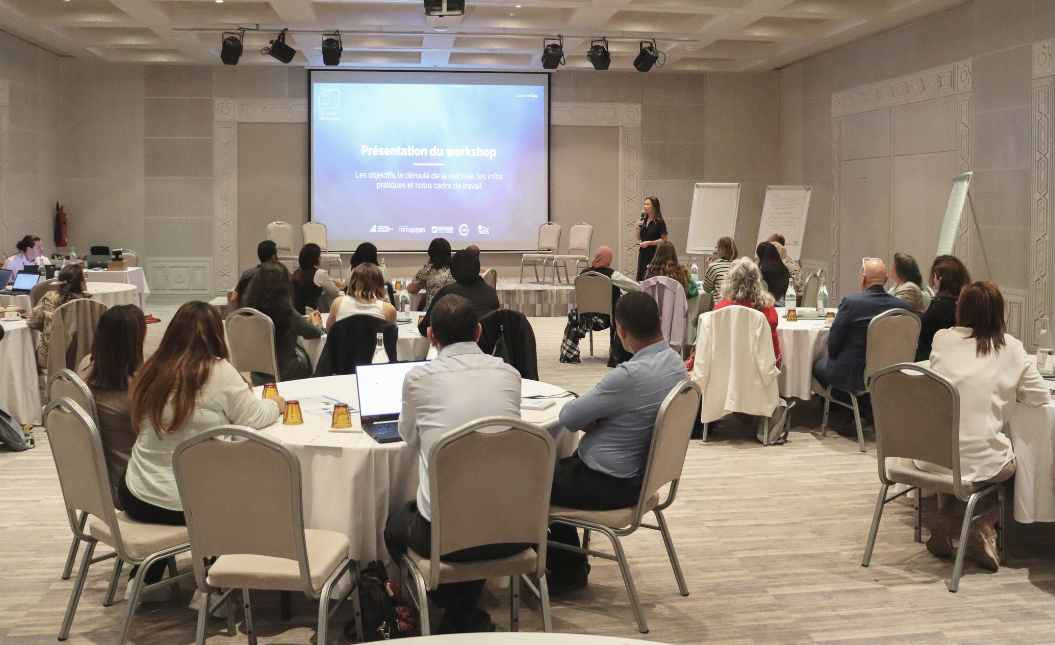
On 22 October, the BeMed Business Club organised a workshop to celebrate the end of the pilot project ‘Towards a zero single-use plastic hotel’, which was implemented at the La Badira hotel in Hammamet, a member of the Leading Hotels of the World. The event marked the successful adaptation in Tunisia of a method already tried and tested in France, and highlighted the economic and environmental benefits of such an approach for the hotel sector and Tunisian tourism.
While the objective of the previous project in France focused on reducing single-use plastics in direct contact with customers, La Badira had already taken this step. The project in Tunisia therefore focused on reducing plastics in the back office, particularly in the kitchen, with positive effects on operational efficiency, costs and the circular management of the waste generated.
La Badira’s experiment in gradually phasing out single-use plastics shows that significant changes in back-office practices are possible! Five single-use plastic packaging items were targeted: food preservation trays, coffee capsules, cling film, pasta packaging and storage bags for traditional products bought in bulk.
In 3 months, for the 5 single-use plastic articles targeted :
Les enjeux économiques ont étThese costs were fully integrated into the project and taken into account when measuring its impact. For each solution, we calculated the savings made, enabling us to accurately assess the financial benefits of the solutions tested.
Preserving the environment and protecting the beauty of tourist areas also helps to maintain the economic dynamism of the region and the tourism sector in Tunisia.
To reinforce the impact of the project in Hammamet, a College of hotels has been created by key partners, including the Iberostar Group, BeMed, the Fédération Tunisienne de l’Hôtellerie (FTH), the Office National du Tourisme Tunisien (ONTT), and the association Active Citizens for Development (ACD).
This collaborative effort aims to promote a holistic approach to waste management and sustainability practices, including the elimination of single-use plastics, while addressing a broader range of environmental concerns. A College of hotels has also been set up in Monastir to target the same objectives.
The workshop was an opportunity for Tunisian hoteliers to discover the turnkey method and the results achieved. Thanks to the new ‘Guide to successful adaptation’ presented at the workshop, hoteliers were able to discover the keys to replicating the approach in their own establishments.